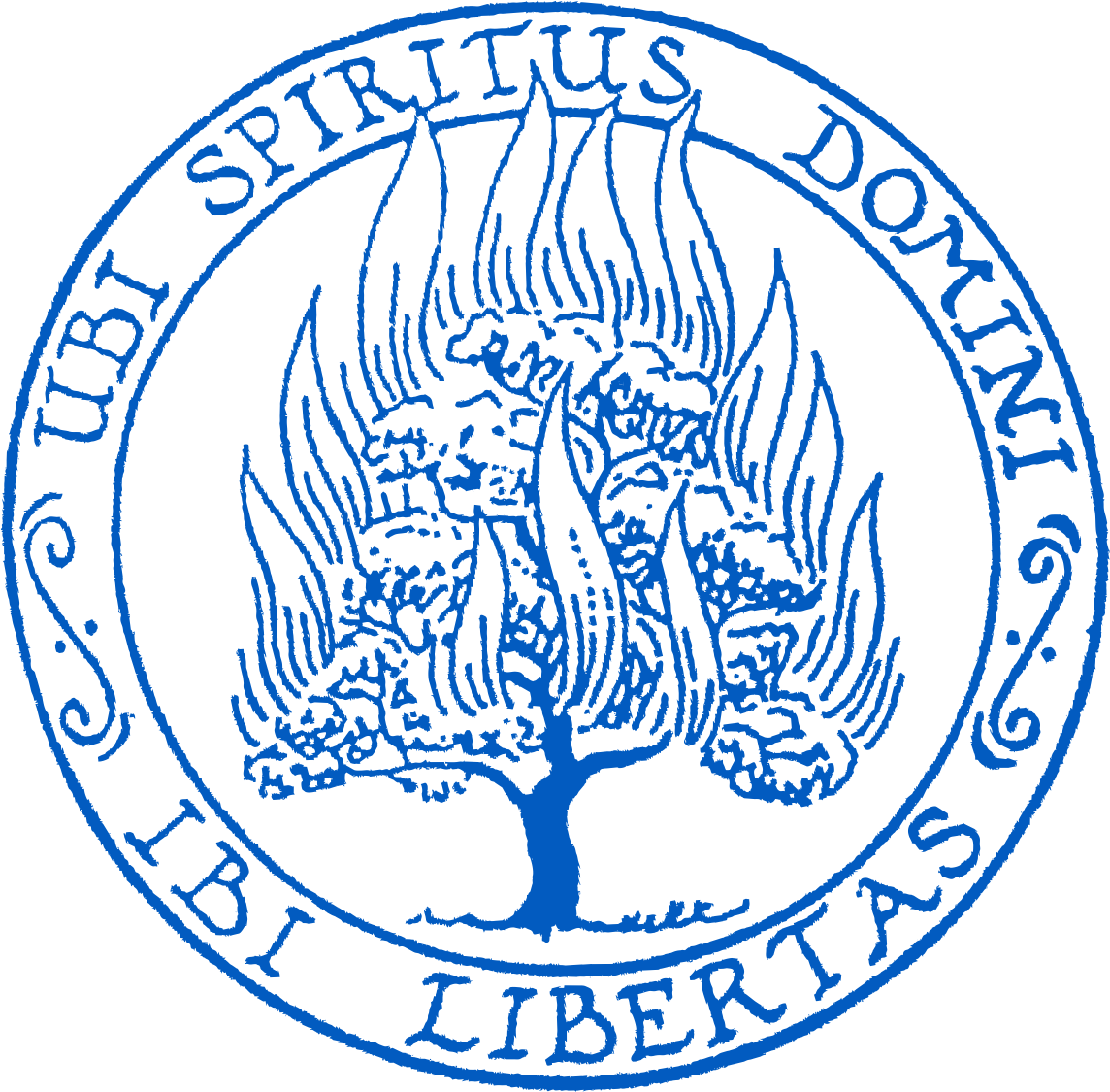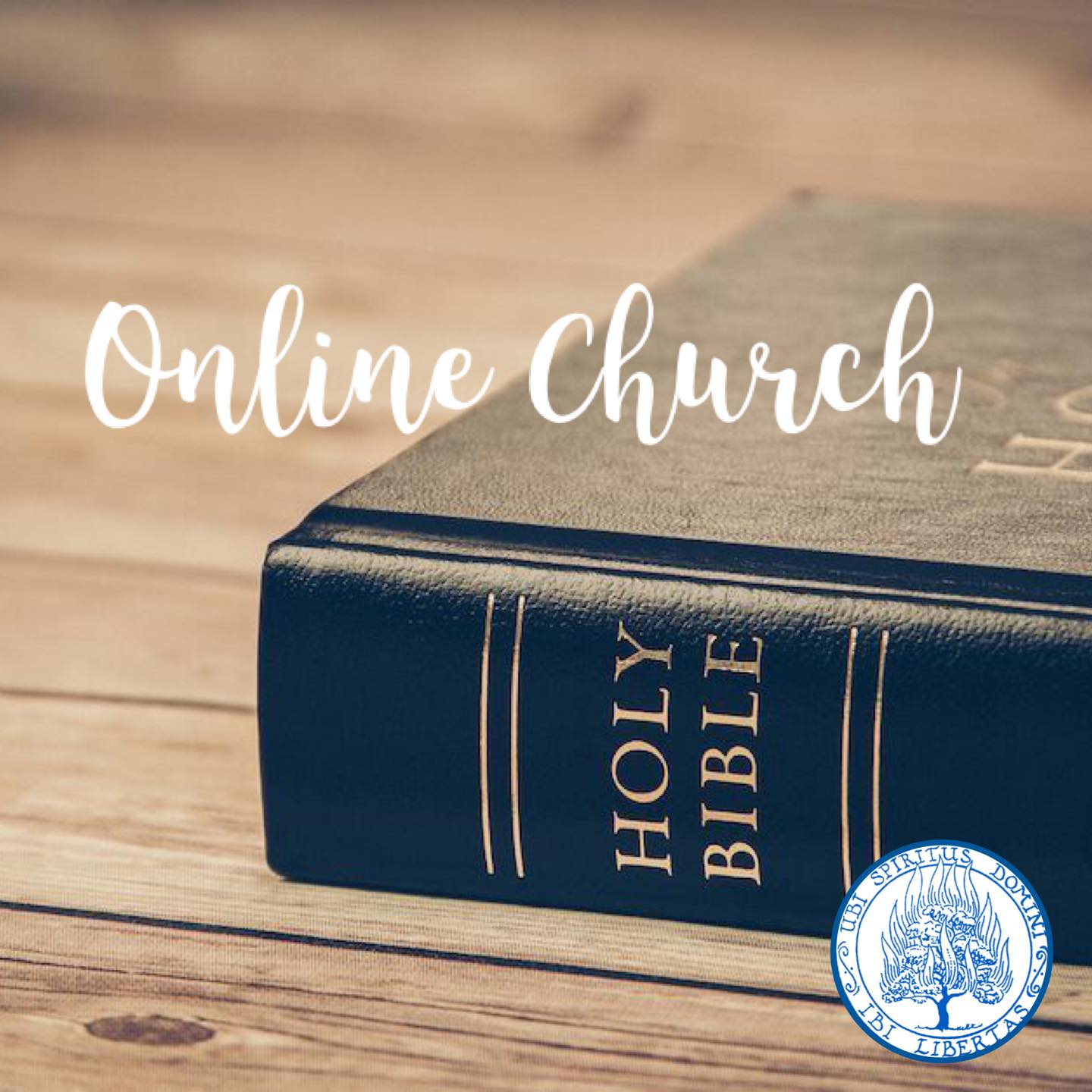Rev. Dr. Linda Ballard
‘A word fitly spoken is like apples of gold in a setting of silver’
This verse, the eleventh verse of the Book of Proverbs, chapter twenty five, is quite a challenge as a text for a sermon! As I was thinking about and preparing for today, however, it kept returning to my mind and I thought about the various ways in which it might be interpreted. It is certainly good advice to bear in mind when preparing a sermon and considering the choice of words to use! Of course, following good advice can indeed be challenging!
‘A word fitly spoken’, we might take to apply to the entire Bible, which is, (or which our Constitution reminds us, which contains) the word of God. I think this reminds us of the challenge of responsibility to think carefully about the way in which we interpret and understand the Bible. Sometimes, there is a reluctance to read certain parts of the Bible, especially of the Old Testament. It is true that this contains many things we might consider worrying or strange. The challenge then, I think, is to find ways to understand the messages which might come from such challenging passages. Do we accept them verbatim, as absolute truths, even if they appear to contradict other parts of the same book, or library of books? Or do we do our best to think carefully, to try to understand what these apparent contradictions might be teaching us? Doing this, we may find after careful thought and consideration that the contradictions are not after all contradictory, but rather provide us with contrasts, with light and shade within which the truth can emerge more fully to inform our understanding.
‘A word fitly spoken’, might be an alternative way of saying ‘Gospel’. As I am sure everyone knows, the word ‘Gospel’ comes from the Anglo Saxon language, and is the combination of two words, ‘god’ and ‘spele’ ‘godspele’ meaning ‘good word’. We can surely be confident in the Gospels, the stories they bring us about Jesus and from which we learn about his life and teachings. There, we have the words of Jesus himself, for example in the parables, which show and tell us so much about how best we can live our lives. We have Jesus’ teaching about the importance of love, and the clear evidence of his overwhelming love for us, reflecting the love of God.
Might ‘a word fitly spoken’ refer to the nature of Jesus himself? In saying this, I am thinking principally about those verses from the beginning of John’s Gospel, so often used to end carol services at Christmas. ‘John’s Gospel begins: In the beginning was the Word, and the Word was with God, and the Word was God,’ and the fourteenth verse tells us ‘…and the Word became flesh and dwelt among us’. These are verses that have sparked huge theological debates. For example, is Jesus himself the Word, or should this be taken to refer the ‘word’ of his teaching, effectively, once again, the Gospel? Between verses one and fourteen of the first chapter of John’s Gospel come others that tell us about John the Baptist and wonderful words about Jesus as the light of the world. This Gospel opens with words which are identical to the opening words of the Scriptures, for Genesis also starts by saying ‘In the beginning’, and like Genesis, John’s Gospel opens with words in which the nature of creation is explored. The beginning of John’s Gospel also contains words of extraordinary irony, for while we are told that Jesus is the light of the world, the world could not see this: ‘The true light, which gives light to everyone, was coming into the world. He was in the world, and the world was made through him, yet the world did not know him’, we are told in verses 9 and 10. This brings to mind many different ideas: of light and darkness; of sight and blindness; of the capacity to look and to understand, or at least to enter into the mysteries of creation and of redemption. John’s words, while they continue to inspire theological discussion and controversy, are surely ‘fitly spoken’? Here indeed, reading about the light of the world, we have ‘apples of gold in a silver setting’.
The relationship between words and identity might lead us to think of another way of using words: in the giving of a name. While baptism is not a ceremony confined, in our tradition, to infancy, it is most usually celebrated as the way of introducing a baby to the congregation. The words generally used for this tradition are drawn from the Great Commission given by the risen Jesus, to ‘make disciples of all nations’ and to baptise in the name of Father, Son and Holy Spirit. I am not in any way suggesting that theological conclusions about Unitarianism or Trinitarianism are to be derived from this commandment, simply that here the very words of Jesus’ commandment are used as an expression of the sanctity and precious nature of the life of each of us as individuals. Again, we have words ‘fitly spoken’.
We may, therefore, find many ways to apply these words when we study and search the scriptures, and it may be useful from time to time for us to remind ourselves of this verse from Proverbs as we read the scriptures for ourselves. While these words may well be applied to the study of scripture, they also have a close application to the way in which we live our daily lives. Here, we can think carefully about the power of words, of the ways in which we use them. Once spoken, words cannot be recalled, and we all know that they may have great capacity either to wound or to comfort. We are frequently reminded of the harm that may be done by words spoken in anger, elsewhere in the book of Proverbs and throughout Scripture. Sometimes it is not easy to hold back a harsh word. However, if perhaps we were to remind ourselves when tempted to speak angrily of the image of the silver apples in their golden frame, we might be able to hold back words that might not have been so fitly spoken.
When we think of the opportunities that words give us to offer a word of comfort, or of praise, or perhaps a gentle compliment, we can realise the capacity they have to brighten the day for another. Words allow us both to express kindness and acknowledge kindnesses received. Even in offering a simple greeting we have the chance of speaking in the way reflected by our Proverb. Words allow us to express love for one another. It seems to me that words fitly spoken are key to all aspects of ministry, not simply to attempts to prepare and deliver a sermon! Through words, we may find opportunities to minister to one another, in church services, of course, but also in the simple activities of our daily lives. Words permit us to show consideration for one another, to express ideas of service that are essential to ministry at every level at which we may hope to find it.
Words are the medium of our prayers, and are the way in which we give thanks to God. They provide the mechanism through which we can thank one another. The responsibility for how we use them is of course ours. There’s a popular song that reminds us they can be used as weapons, while they may also express great poetic depths. There is great poetry in the beautiful simplicity of the imagery of our Proverb, which appeals directly to all our senses. The words sound beautiful to our hearing and create a wonderful image that we can visualise, so that they appeal to our sense of sight. Apples create a sense of flavour that stimulates our sense of smell and of taste. And surely we can imagine for ourselves holding and biting into an apple, appealing to our sense of touch, just as we can imagine the smooth feeling of a wonderful work of art, of apples represented in precious metals. I am reminded of the time when the Book of Proverbs was written, of the Bronze Age, when such magnificent things were being made using newly developed technologies of metal working. The wisdom of ‘Words fitly spoken’ has echoed down millennia, and can help us today as we do our best to practice our Christianity in our daily lives. Our Proverb is a useful reminder of how much we may be able to do for one another by the wise use of a few words. Amen.

